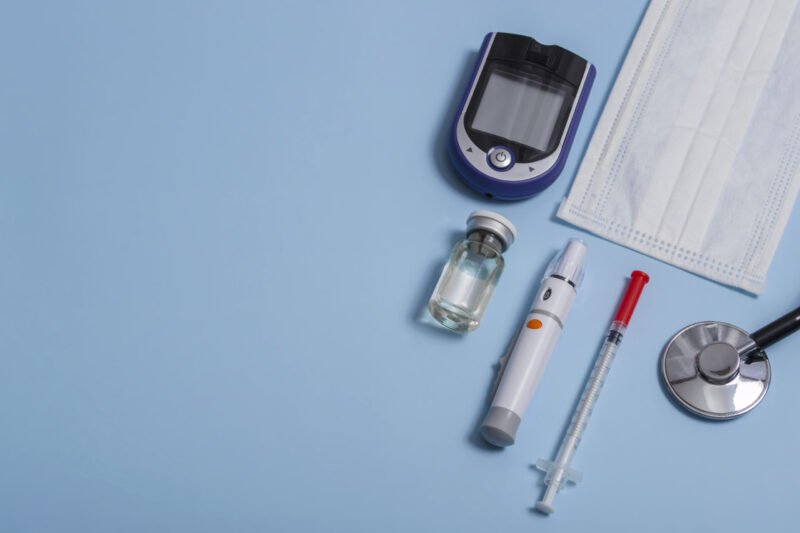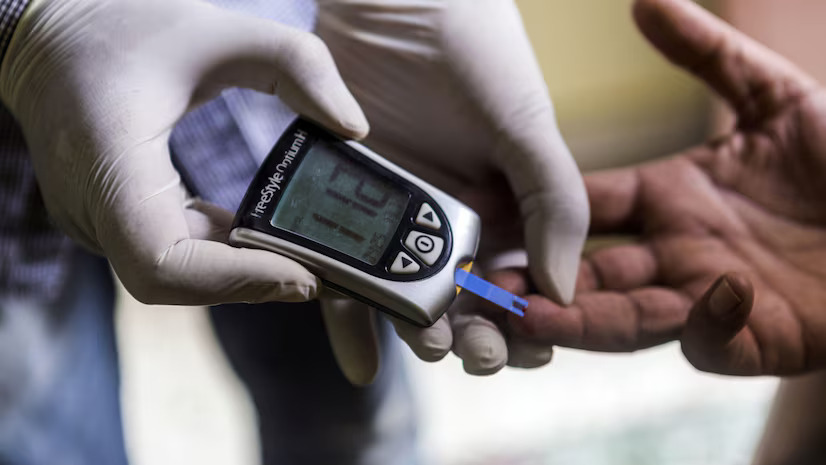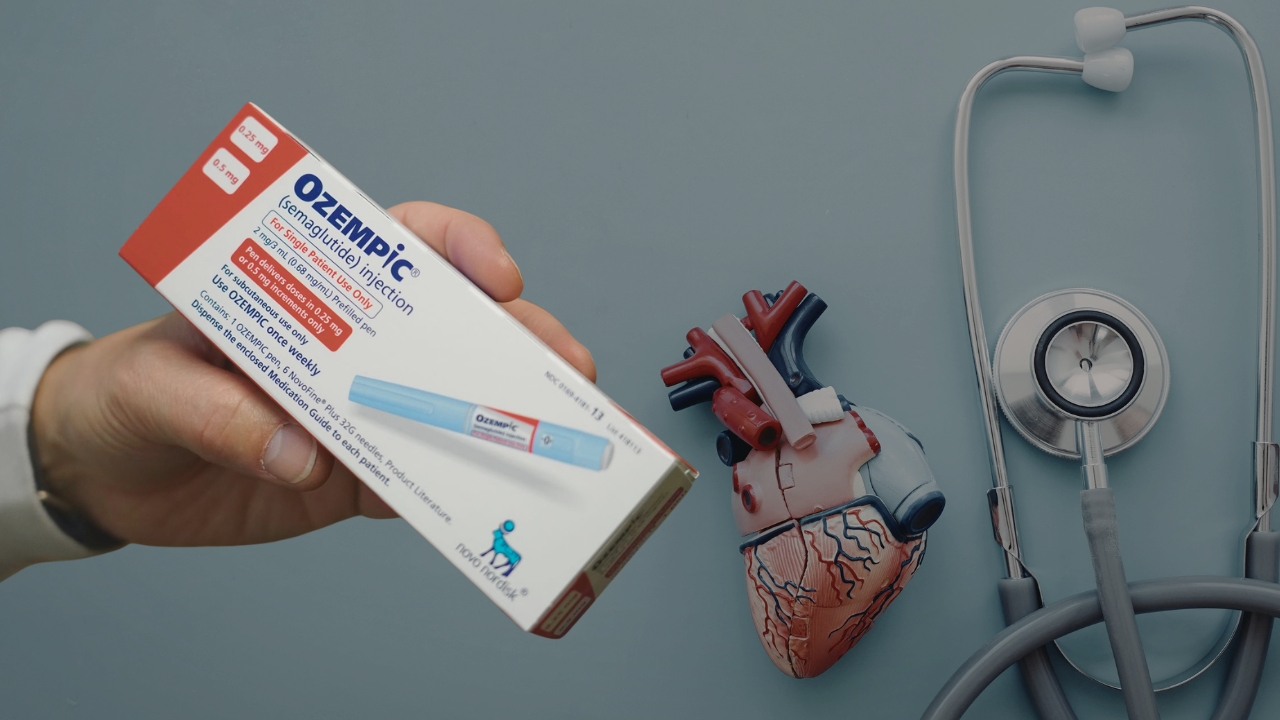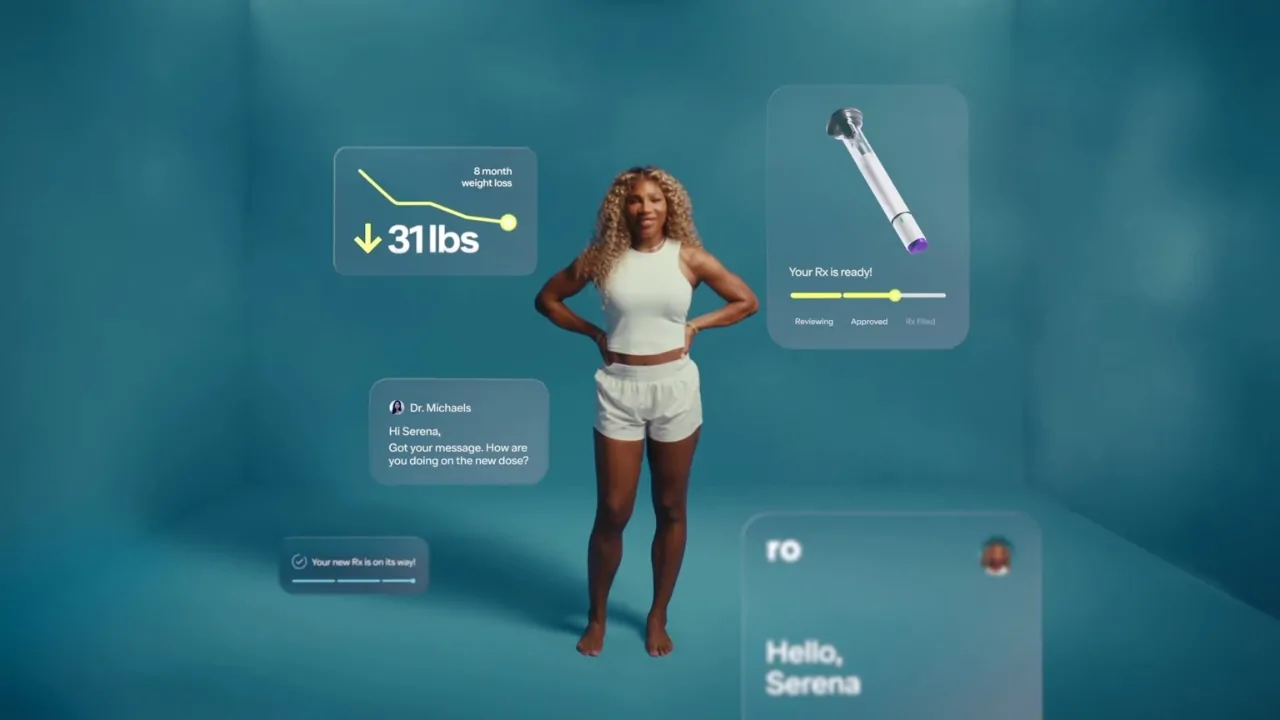On September 4th in China, researchers achieved a groundbreaking medical feat by reversing type 1 diabetes in a 25-year-old woman using advanced stem cell therapy. Conducted at a Chinese medical facility, the procedure involved extracting cells from the patient’s pancreas, reprogramming them to produce insulin, and re-injecting them into her body.
Type 1 diabetes is an autoimmune condition that destroys insulin-producing cells, forcing patients to rely on external insulin.
In a groundbreaking medical development, researchers in China have successfully reversed type 1 diabetes in a patient using stem cell therapy. The subject, a 25-year-old woman who had been dependent on insulin injections, began producing her own insulin just three months after receiving a transplant of reprogrammed stem cells.
This marks a potential turning point in the fight against type 1 diabetes, an autoimmune condition that destroys the insulin-producing cells in the pancreas, forcing patients to rely on insulin treatments for life.

The therapy involved extracting cells from the patient’s pancreas, reprogramming them into insulin-producing cells, and injecting them back into her body. Unlike previous attempts that relied on donor cells, this approach used the patient’s own stem cells, reducing the risk of immune rejection and eliminating the need for a donor supply.
A year after the procedure, the woman’s blood sugar levels remained stable for over 98% of the day, drastically reducing her need for external insulin. Previous attempts at stem cell transplants had focused primarily on type 2 diabetes, making this case even more significant as a potential treatment for type 1 diabetes.
Globally, over 9 million people live with type 1 diabetes, a condition that has historically been considered incurable. Conventional treatments involve continuous blood glucose monitoring and daily insulin injections, which only manage symptoms without addressing the root cause.
The success of this stem cell treatment brings hope for a more permanent solution, though the researchers caution that more studies are needed to confirm the therapy’s long-term effectiveness and safety.
Notably, the patient was on immunosuppressive drugs for a prior liver transplant, which may have contributed to the success of the procedure by preventing her body from rejecting the new cells.
While the study shows promise, researchers stress that it is too early to declare stem cell therapy a cure for type 1 diabetes. The procedure needs to be replicated in more patients and observed over a longer period to determine if the insulin production can be sustained without complications.
References
- 7.10 MedicalNewsToday: https://www.medicalnewstoday.com/articles/stem-cell-therapy-reverses-type-1-diabetes-in-groundbreaking-case-study
- 7.10 TecScience: https://tecscience.tec.mx/en/biotechnology/stem-cells-reverse-diabetes/
Related Posts:
- A Tiny Gut Molecule Might Cut Type 2 Diabetes Risk,…
- Deadly Nipah Virus Sparks Airport Screenings as…
- PTSD Treatment Success Rates and Therapy Trends in…
- WOPR Act 2025 - Illinois Blocks AI Therapy Tools…
- A Common Diabetes Drug May Boost Women’s Chances of…
- Caffeine in Your Blood May Influence Body Fat and…








